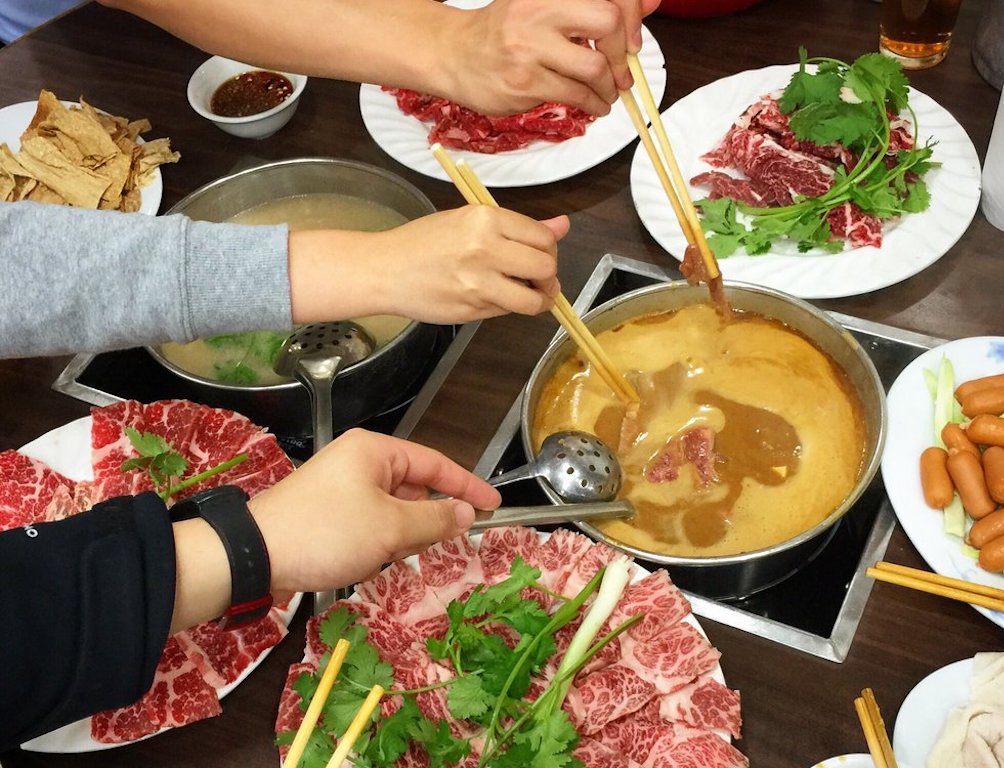3 Mins Read
How Is Hong Kong Linked To Amazon Deforestation? Because We Can’t Stop Eating Meat
While it might come as a surprise to some, as a major importer of Brazilian meat products, Hong Kong is directly implicated in the Amazon forest-burning scandal that is making headlines across the globe. According to a 2018 report, of the 1.64 million tonnes of beef shipped by Brazil, Hong Kong accounts for a shocking 24%. In fact, our city is the number one receiver of Brazilian beef imports worldwide, ahead of China (19%), the EU (7%) and the US (2%) according to data from Brasil’s Secretariat of Foreign Trade (SECEX). Shame on us.
As we covered last week, Hong Kongers are eating more meat and dairy than ever before. Brazil supplies around 30% of Hong Kong’s total imports of meat products, which include beef, poultry and pork. Together with China, Hong Kong imported 44% of Brazil’s total beef exports in 2018, with figures predicted to rise year after year. If Hong Kong reduced its meat and dairy intake, it would have a significant impact on the demand for Brazil’s rainforests to be destroyed to make more room for livestock farming.
One of the biggest reason for Brazilian beef’s popularity in Hong Kong is price. Simply put, Brazilian beef is cheap, which works well with the city’s never-ending appetite for everything beef, from beef hotpot to beef hor fan to beef noodle soup to supermarket steaks to fast food burgers (it’s no surprise that there are more and more cheap, beef-heavy fast food chains opening up). It used to be that beef’s price point made it a unviable choice for every day consumption. Today, the ubiquity of cheap Brazilian beef means everyone can eat beef everyday, a disaster for the planet, not to mention our health.
Beyond the environmental impacts of eating so much beef, there’s the question of self-sufficiency. The Hong Kong Agriculture, Fisheries and Conservation Department (AFCD) reported in 2016 that around 90% of the total food supply in the city is imported rather than locally grown or produced, and that figure has only increased since. The city overwhelmingly relies on chilled, fresh and frozen meat imports to maintain a stable supply.
Switching to a diet that contains less meat could encourage local farming, which would make the city less vulnerable to food insecurity risks in the midst of our global biodiversity crisis and climate emergency. Given that Hong Konger’s average consumption of red meat exceeds the World Health Organisation’s (WHO) recommended limits, reducing the intake of meat would also make the city a healthier place.
If you want to do your bit for the Amazon as a Hong Konger, reduce your beef consumption is certainly an important step, if the city is to make a difference in the fight against deforestation and global climate change. Transitioning to a plant-based food system will not only help to clamp down deforestation and eliminate the emissions involved in meat imports by air and sea, but will also increase the self-sufficiency of a city that is threatened by food insecurity due to global climate breakdown.
Lead image courtesy of Yelp HK.




